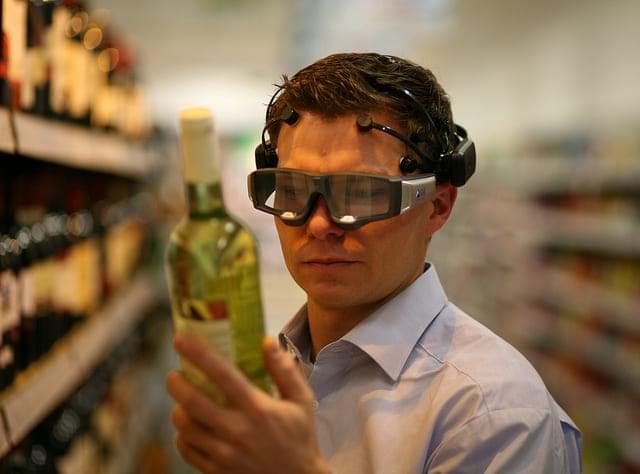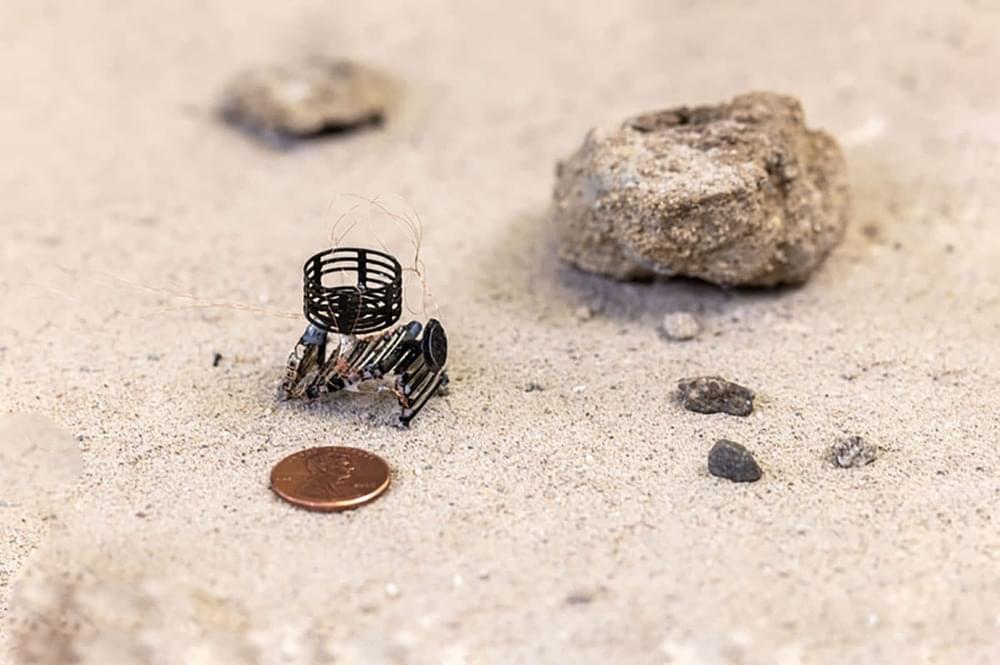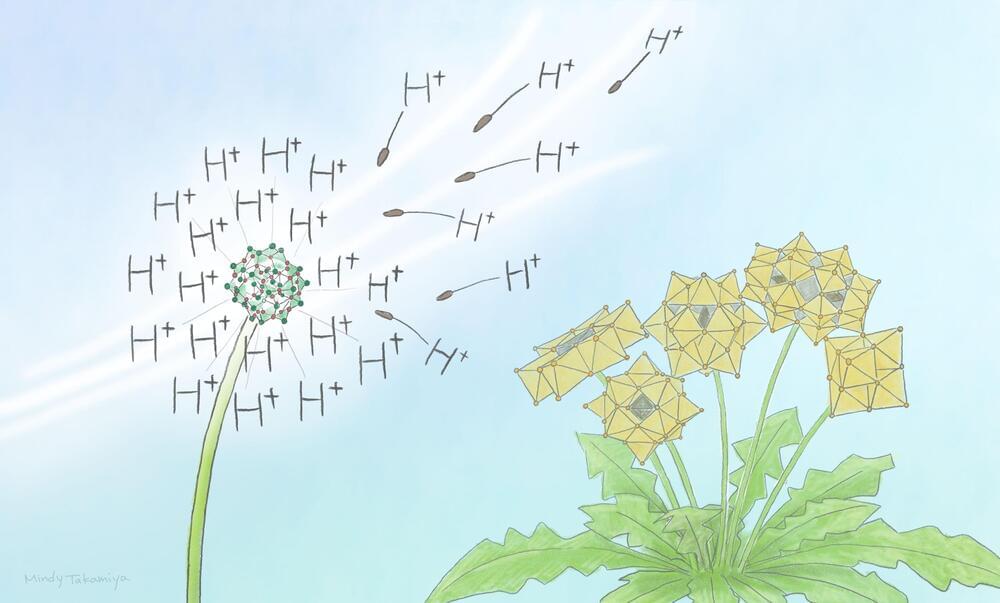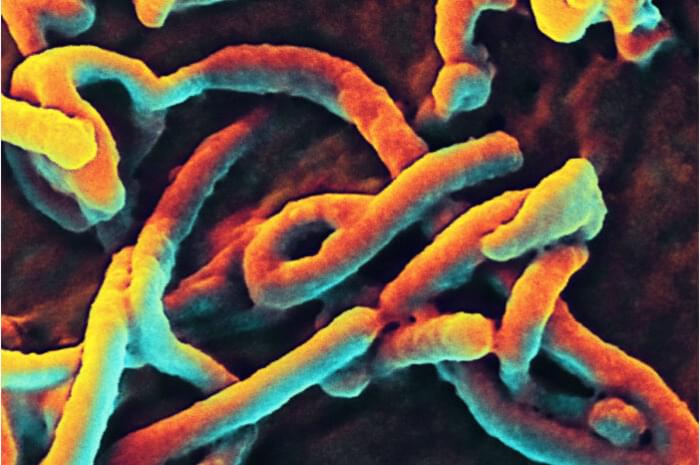Mike LorreyThe arguments I put into my article in The Space Review for the Space Force are valid to this discussion. https://www.thespacereview.com/article/3576/1
Real-world examples make the abstract description of machine learning become concrete.
In this post you will go on a tour of real world machine learning problems. You will see how machine learning can actually be used in fields like education, science, technology and medicine.
Each machine learning problem listed also includes a link to the publicly available dataset. This means that if a particular concrete machine learning problem interest you, you can download the dataset and start practicing immediately.







